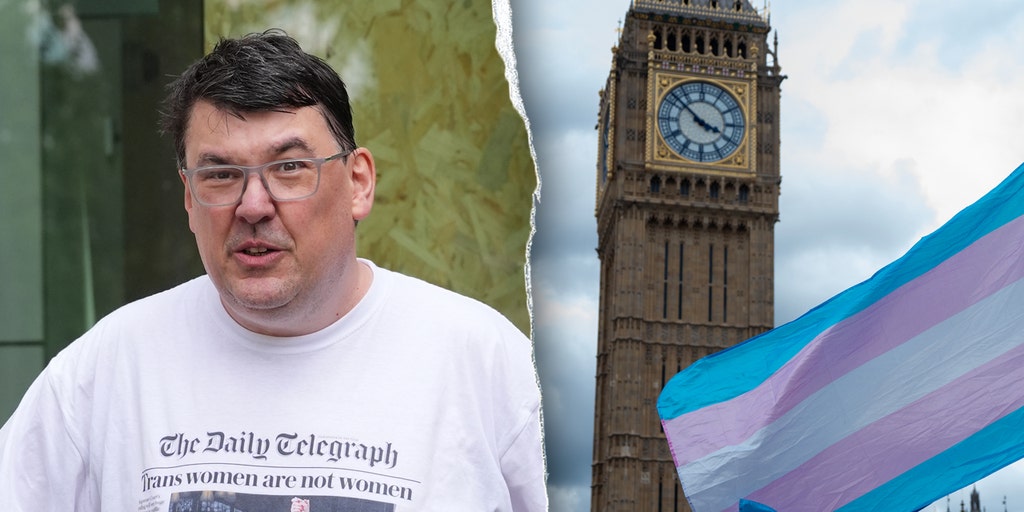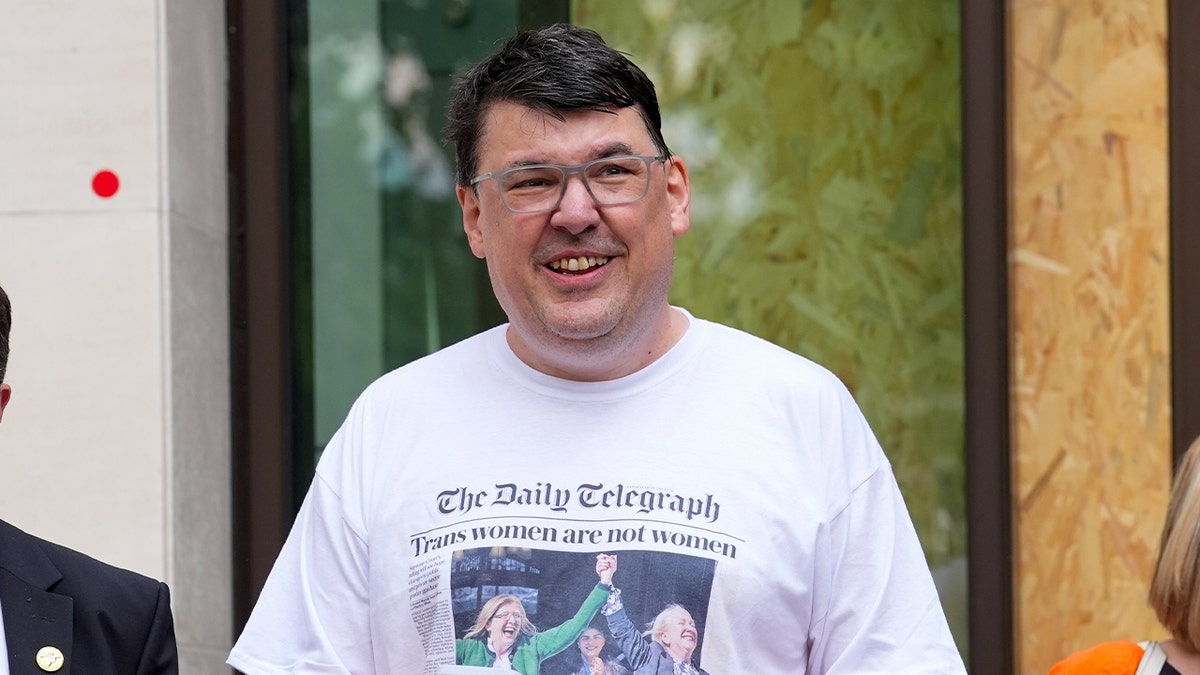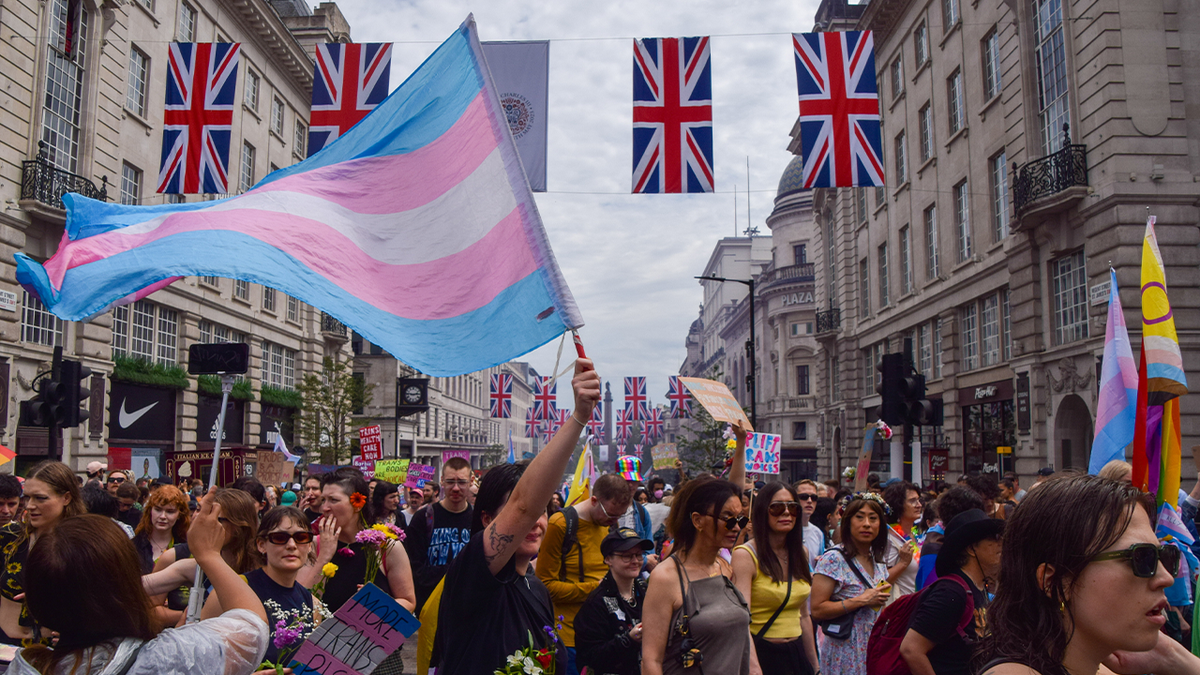Graham Linehan on trial over alleged harassment of teenage trans activist
Father Ted co-creator pleads not guilty to harassment and criminal damage as separate arrest at Heathrow fuels debate on policing and free speech
Graham Linehan, the co-creator of the sitcoms Father Ted and The IT Crowd, is on trial in London after a court heard he "relentlessly" posted abusive comments about a teenage transgender campaigner and knocked her phone into a road.
Westminster Magistrates' Court was told on Tuesday that Linehan, 57, used social media to publish a series of "abusive and vindictive" posts about Sophia Brooks, 18. He has pleaded not guilty to charges of harassment and criminal damage. Linehan told police the messages did not amount to harassment, and he told the court that exposing the tactics of trans activists was in the public interest. He said knocking the phone was a "reflex response." The trial is distinct from Linehan's recent arrest at London Heathrow Airport.

Prosecutors told the court the social media posts about Brooks amounted to a pattern of harassment. They said the alleged conduct included posting abusive comments and an incident in which Linehan took or knocked the teenager's phone, causing damage. Linehan has denied the allegations and asserts his online commentary falls within legitimate public debate. Court proceedings continued with witnesses and submissions being heard.
Separate from the trial, Linehan was arrested at Heathrow on a later matter that has intensified public discussion about the limits of online speech. Metropolitan Police officers detained him after he returned from Arizona, arresting him on suspicion of inciting violence in relation to posts on the social platform X. Linehan has said he was met by five armed officers when he arrived, was taken to hospital for observation after questioning, and was released on bail. The Metropolitan Police declined to name the individual when announcing the arrest.
The Heathrow arrest prompted immediate calls from senior police for scrutiny of the law. Met Commissioner Sir Mark Rowley said the legislation governing such arrests should be "changed or clarified," defending the actions of officers while acknowledging public concern about balancing free speech and the risks of real-world violence. Prime Minister and Home Office officials have not intervened in the individual case, but the episode has drawn comment from politicians across the spectrum.
Labour leader Sir Keir Starmer told the House of Commons the police must concentrate on the "most serious issues," and Health Secretary Wes Streeting said the government needed to review the relevant legislation so police can prioritise street policing over online conduct. Conservative backbenchers and some public figures described Linehan's airport arrest as an attack on free expression. Conservative MP Claire Coutinho said the incident raised questions about policing jokes and commentary online.
Linehan has a long record of outspoken commentary about transgender issues, including posts that have misgendered trans women and described trans activism critically. Those views have led to repeated public controversy and earlier policing responses, and they form the wider context for both the current criminal trial and the separate arrest at Heathrow.
The trial at Westminster Magistrates' Court will consider whether Linehan's social media posts and his interaction with Brooks crossed the legal threshold for harassment and criminal damage. The case is unfolding amid continuing public debate in the United Kingdom about how to balance protections against harassment with the right to free expression online, and whether existing laws give police adequate and proportionate powers to address potentially harmful online material.

Observers say the proceedings could sharpen legal and political scrutiny of how public authorities respond to online abuse. The Metropolitan Police have continued to defend individual arrests as operational decisions made in line with the law, while senior leaders urge parliamentary clarification to reduce ambiguity in future cases.

The trial is expected to continue with further witness evidence and legal argument. Court officials have not set a timetable for a verdict. Meanwhile, the debate over policing, online speech and the protection of vulnerable groups is likely to persist in public and parliamentary forums as the case progresses.